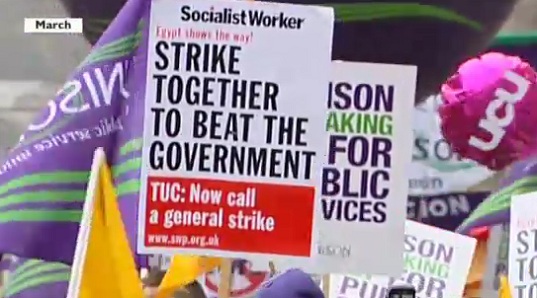How dangerous is the regional pay plan for the Tories?

Could there be be an electoral price for the Osborne proposal ?
Six months after the 2010 General Election some of the political scientists involved in the hugely successful accurate exit poll – John Curtice/Stephen Fisher/Rob Ford – produced an analysis of the election which is a must read for all who are focused on what might happen next time.
One trend they identified that impeded the Tory drive to a majority was this:-
“Constituencies containing a relatively large number of people working in the public sector proved to be relatively loyal to Labour. In constituencies where over 28% of those aged 16-Ââ€74 who are economically active are employed in public administration, education or health, Labour’s vote fell on average by 4.7 points.
In contrast, where that proportion was less than 22%, the party’s vote fell by no less than 8.6 points.
That’s a big difference and shows how influential public sector worker can be electorally.
I raise this now because the TUC is getting geared up to fight the Osborne plans to introduce regional pay in the public sector so that pay rates differ depending on local labour market conditions.
On the face of it this seems a logical way of controlling costs at a time when the pressure is on to control and cut public spending but it could be a hard sell and there could be an electoral price to pay.
A new Survation poll for the TUC found that 65%Â of all respondents think regional pay will make it harder for schools in low pay areas to attract and retain good teachers. This level of concern was consistent across the entire UK, with people in the South not significantly less concerned than those in the North (where the policy is likely to have more of an impact).
76% thought it was important that the government commissions and publishes an independent study on the likely effects of the policy before proceeding.
-
Generally I am wary of private polling that’s produced to advance a cause – in this case by a body that’s trying to stop the plan. But the experience from 2010 suggests that the government has to tread carefully
Mike Smithson @MSmithsonPB
